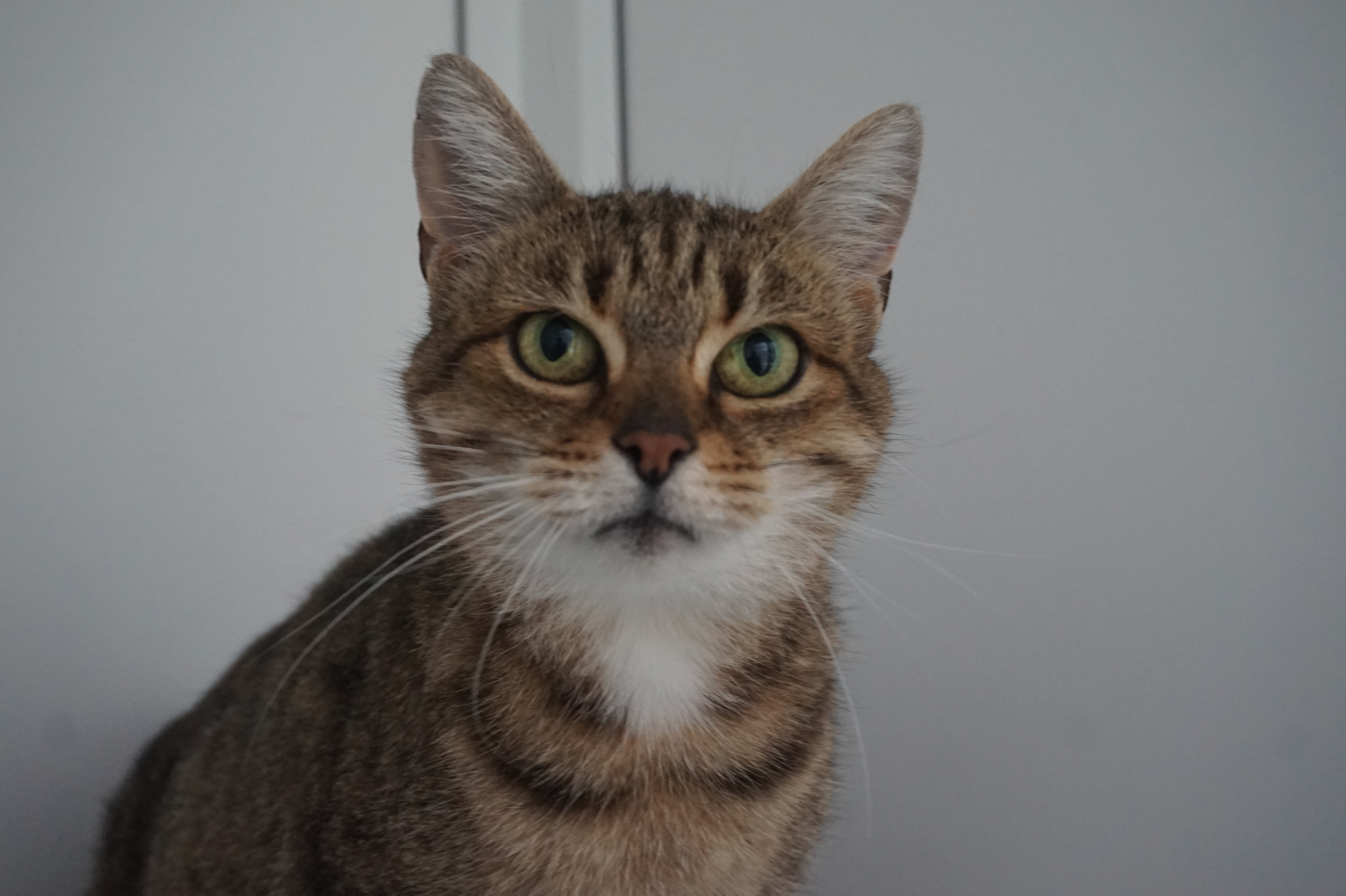Adoption Procedure
How do I go about adopting a cat or kitten ?
Ring our Adoption Line on 0345 260 2101 or email us at enquiries@abertawe.cats.org.uk
Please leave your name, address (including full postcode), telephone number and name or brief description of the type/age of cat you are looking for.
One of our volunteers will get in touch with you as soon as possible.
Please do remember that we are all volunteers so you may not get a reply immediately.
It is important that we match the right cat with the right family and it would be helpful if you would let us know if you have any other animals, young children, access to a garden etc. A home visit is an integral part of our homing procedures, so don’t be alarmed or offended. Having met and discussed with you what sort of cat would be best, they will tell you about the cats in our care and see if one can be matched to you. You will be invited to go along to one of the foster homes to meet your potential new companion.
All of our adult cats are neutered prior to re-homing. If you are adopting a kitten you will receive a neutering voucher which will enable you to have the kitten neutered at the appropriate age.
As with any volunteer organisation we are purely funded by donations and fund raising. Therefore you will be asked if you would like to give a fee to cover some of the costs of the cat you have adopted. Finally, remember we have an extensive range of leaflets to help you understand your cat’s needs.
Cats v Kittens Adult and mature cats – these are usually quieter and more sensible than kittens. They are usually used to household life- more likely to doze while leaving your furnishings intact- and know the ground rules for living with people. In general they need less supervision than kittens. The mature cat is more placid than a kitten and usually content to watch the world go by. They are more home loving and settled, making excellent companions.
What do cats need ?
If you are considering adopting a cat or kitten you should be aware that they need the following: Vaccinations against cat flu and feline enteritis, also feline leukaemia. Kittens should be neutered at 5 to 6 months of age. It is possible for a female to become pregnant at this age. Regular de-fleaing and worming. Regular feeding – 4 or 5 small meals a day for a kitten gradually reducing to 2 by adulthood. Somewhere safe to sleep at night (statistics show that most accidents and disappearances occur at night) Not forgetting TLC.
If you adopt one of our cats or kittens we can help with any teething troubles. We have leaflets on a number of topics. We will always take the cat or kitten back if there are any permanent problems.
